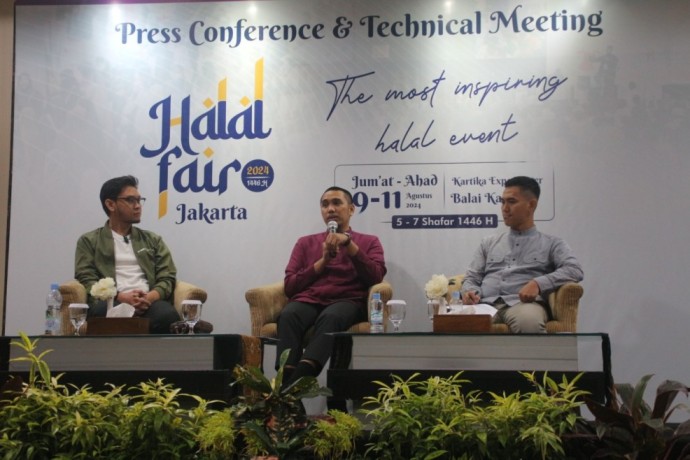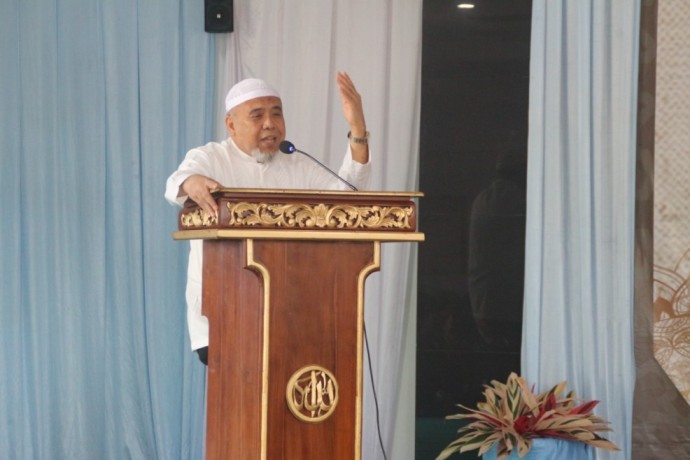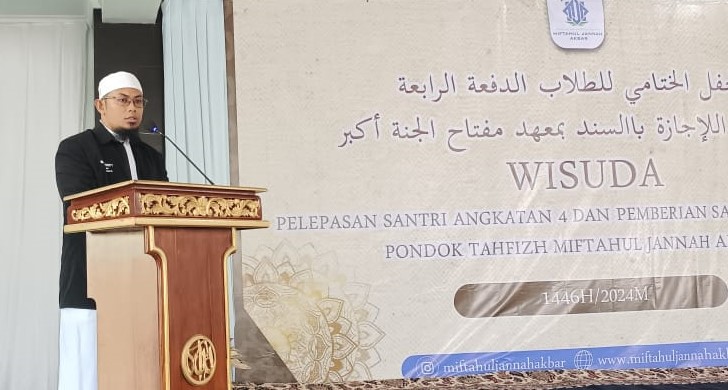Ayuba Suleiman Diallo, noble African slave

Jakarta (Indonesia Window) – Ayuba Suleiman Diallo was definitely not a companion of the Prophet ﷺ, Bilal bin Rabah radhiallahu ‘anhu, and the former is not possible to be like the latter who belonged to the best generation all time.
However, the life story of Ayuba Suleiman Diallo would remind us of that of Bilal bin Rabah’s radhiallahu ‘anhu who was a black considered as a person despicable by most people, but the sound of Bilal’s steps on his shoes were heard by the Messenger of Allah ﷺ in heaven.
He is Ayuba Suleiman Diallo (1701-1773) who was born to a prominent Muslim family in the eastern region of Senegal, Africa.
His intelligence and strong memory enabled Ayuba to memorize the Holy Book Quran at the age of 15. Ayuba then continued his education at the Maliki Islamic Law School in his country.
However, the Transatlantic Slave Trade – which began in the 15th century by the Portuguese invaders and other European kingdoms – suddenly changed Ayuba’s life drastically.
At the age of 30 Ayuba was captured and sent to America to be a slave.
During his time as a slave on a plantation, Ayuba was tortured and insulted, but he remained steadfast in the Islamic faith and never missed the five-time prayers a day even though he had to run to a nearby jungle to avoid being caught by people who held him captive.
Until one day when he was praying, a white boy threw dirt on his face. Ayuba decided to run away from the plantation, but failing to free himself he was arrested and sent to a prison.
From the prison Ayuba wrote a letter to his father in Africa, but he was caught by James Edward Oglethorpe, a Director of the British Company in Africa and the founder of the Georgian colony in the United States.
After reading the letter, Oglethorpe was touched and decided that Ayuba should be released and sent to England.
On his arrival in England in 1733, Ayuba was welcomed as a free man and established relations with the English upper classes. He was even frequently involved in arguments with Christian priests and pastors.
At that time, when people were still racist towards people of colours, they were fascinated by Ayuba’s intelligence, as well as his Islamic beliefs and his piousness.
Ayuba’s charisma attracted the attention of William Hoare, an English famous painter who persuaded him to paint.
The Fortunate Slave
The self-portrait of Ayuba Suleiman Diallo who was depicted wearing a white shirt and turban with a small red book hanging on his neck is a very special painting because not only was the picture being the first featuring a black man, but also told the former slave’s profile as described by the painter.
Black people in pictures of the 18th century were always described as persons with cruel and evil faces as well as inhumane features. Black people were also not the models of the paintings at the time, but were drawn only as a background that showed malicious acts.
However, Ayuba Suleiman Diallo’s self-portrait called The Fortunate Slave not only depicts a pleasant face, but also implies the noble personality of a former African Muslim slave.
Ayuba’s shoulder and chest posture was painted so straight and strong indicating an honourable and noble personality.
Ayuba’s expression also looks calm and authoritative. Such expression is not at all like the faces of black people that were described at that time.
Another fascinating feature from The Fortunate Slave painting is a small red book hanging on Ayuba’s neck.
The book was one of three copies of the Quran written by Ayuba while in prison, which all came from his memory.
The Fortunate Slave is a summary of the life story of an African Muslim who was made a slave and tortured, but won the respect of a society that considered him inferior.
The painting also shows a black Muslim who never lost his pride in Islamic identity despite living in slavery.
Source: OneParth Network










